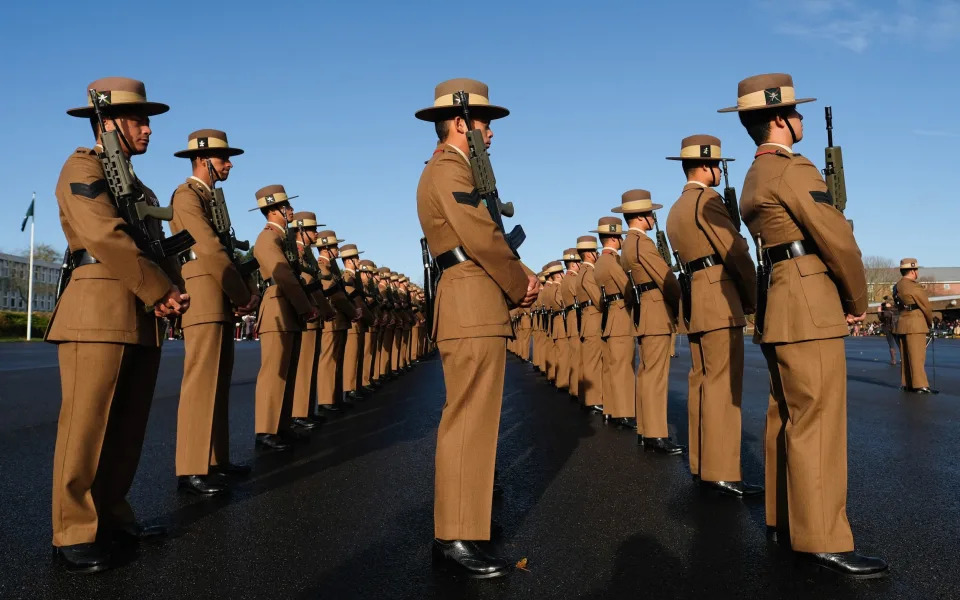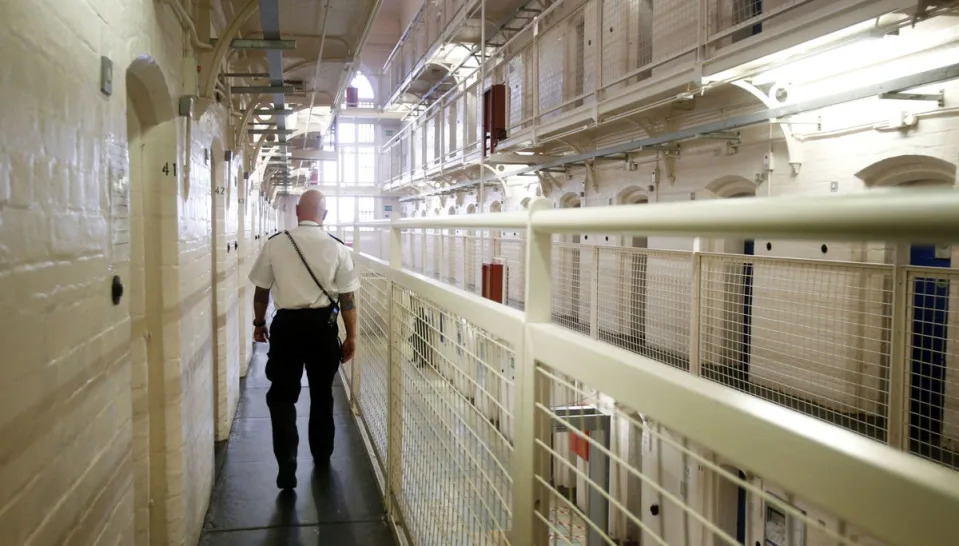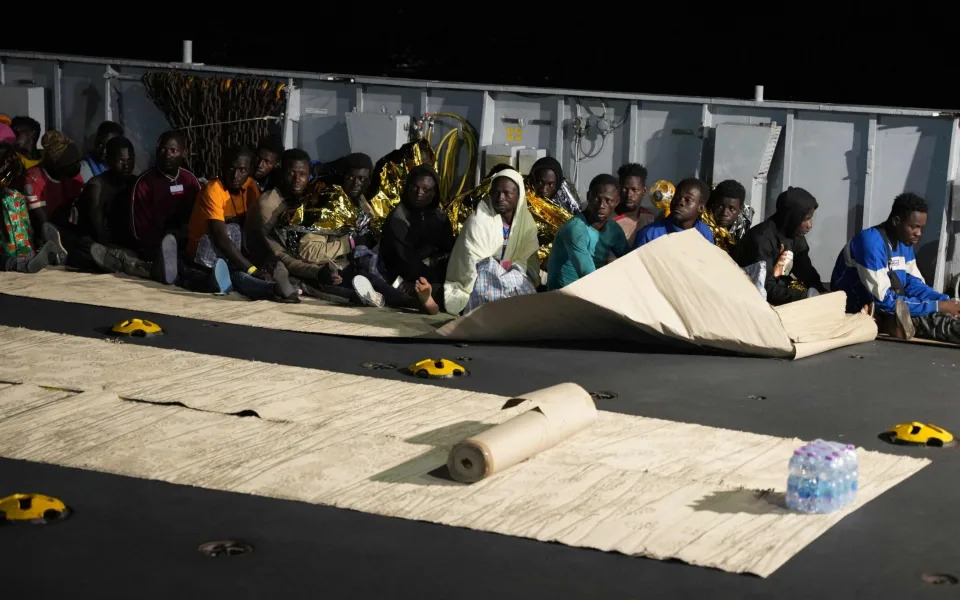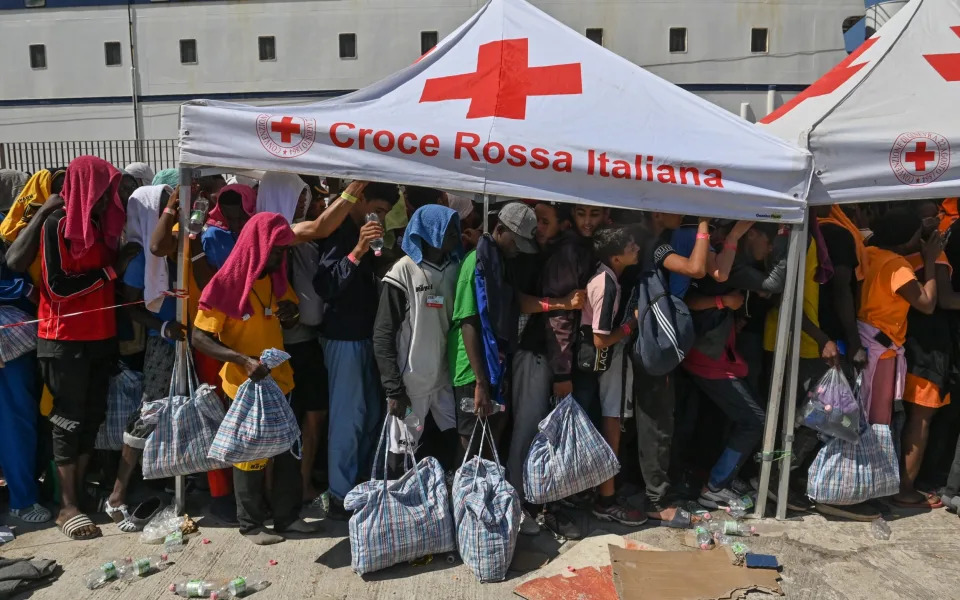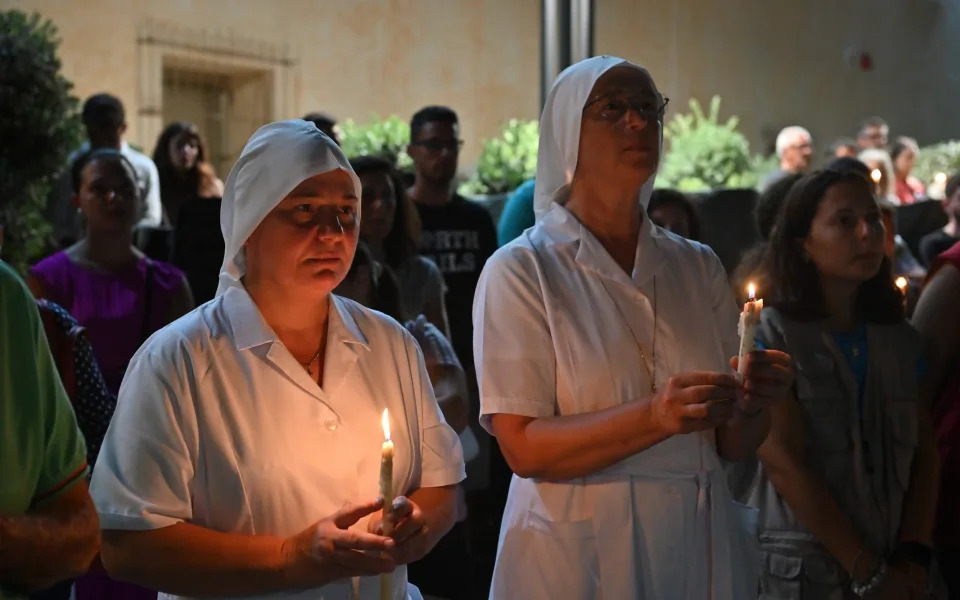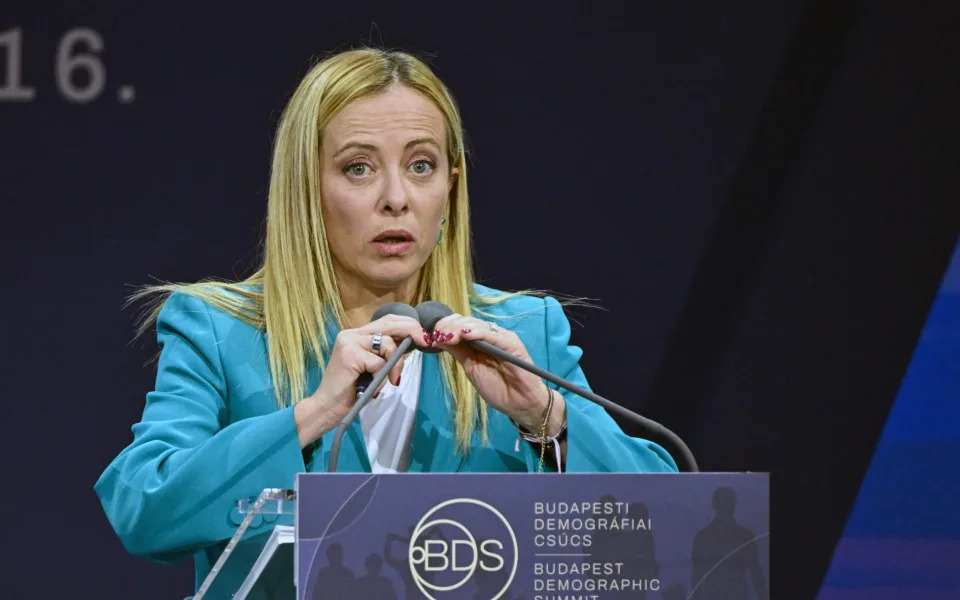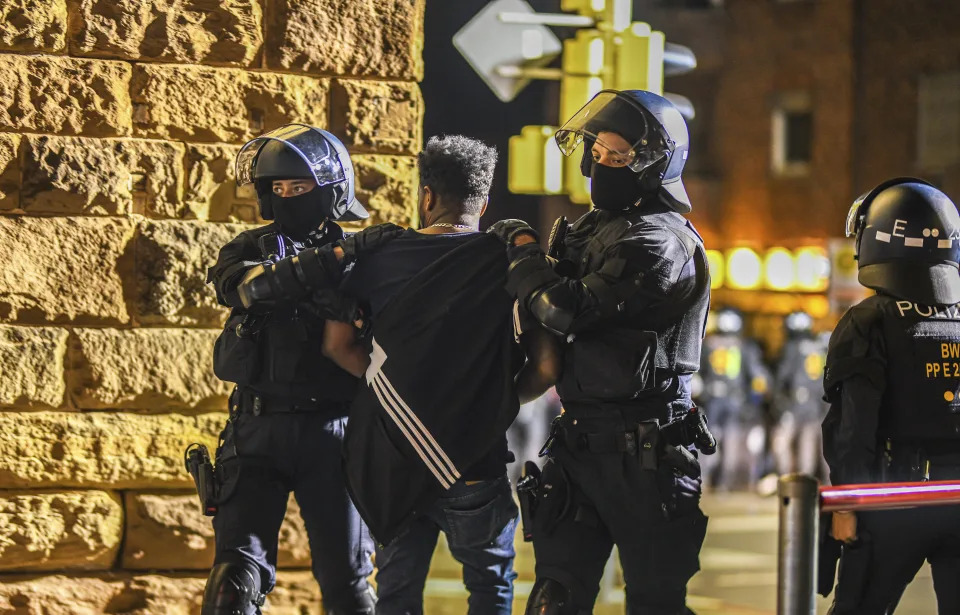Tory mayoral candidate 'unfit to represent London' over social media activity
Ben Raza
Sat, 16 September 2023

Susan Hall (Image: PA)
The Conservative London mayoral candidate's social media activity means she "is unfit to represent London", a charity has claimed.
Susan Hall, who was leader of the Tory group on Harrow Council for seven years, has had her history on Twitter exposed by anti-fascist organisation Hope Not Hate.
After its review, the charity says this includes endorsing Enoch Powell, Islamophobic tropes about Sadiq Khan, and supporting the lie that the 2020 American election was stolen from Donald Trump.
A spokesperson for Ms Hall's campaign said: "Susan engages with many people on Twitter without endorsing their views.
"Londoners want a mayor who listens to people and deals with the bread-and-butter issues that matter to them - making our streets safer and putting more money back in people's pockets. As mayor, Susan will deliver that."
Georgie Laming, director of campaigns at Hope Not Hate, said: "Susan Hall is not fit to represent London and all its diversity.
"Susan Hall must be suspended immediately and ultimately, she must be removed as a candidate."
Ms Hall was selected as Conservative candidate to be Mayor of London in July.
She has been councillor for Hatch End ward on Harrow Council since 2006, and was council leader for eight months in 2013-14. She was also leader of the Conservatives on the London Assembly until May.
This is not the first time a Conservative mayoral candidate has been accused of racism.
In 2016, Zac Goldsmith was criticised by fellow Conservative politician Baroness Warsi for using an image of the bus destroyed in the 7/7 terrorist attacks to illustrate an article he wrote that described Sadiq Khan as being "friends" with terrorists.
The 2021 Tory candidate Shaun Bailey received similar criticisms. This included the discovery of a booklet he had written in 2005 entitled No Man's Land, which reportedly said that celebrating Muslim and Hindu festivals "[robs] Britain of its community" and risked turning the country into a "crime riddled cesspool".


